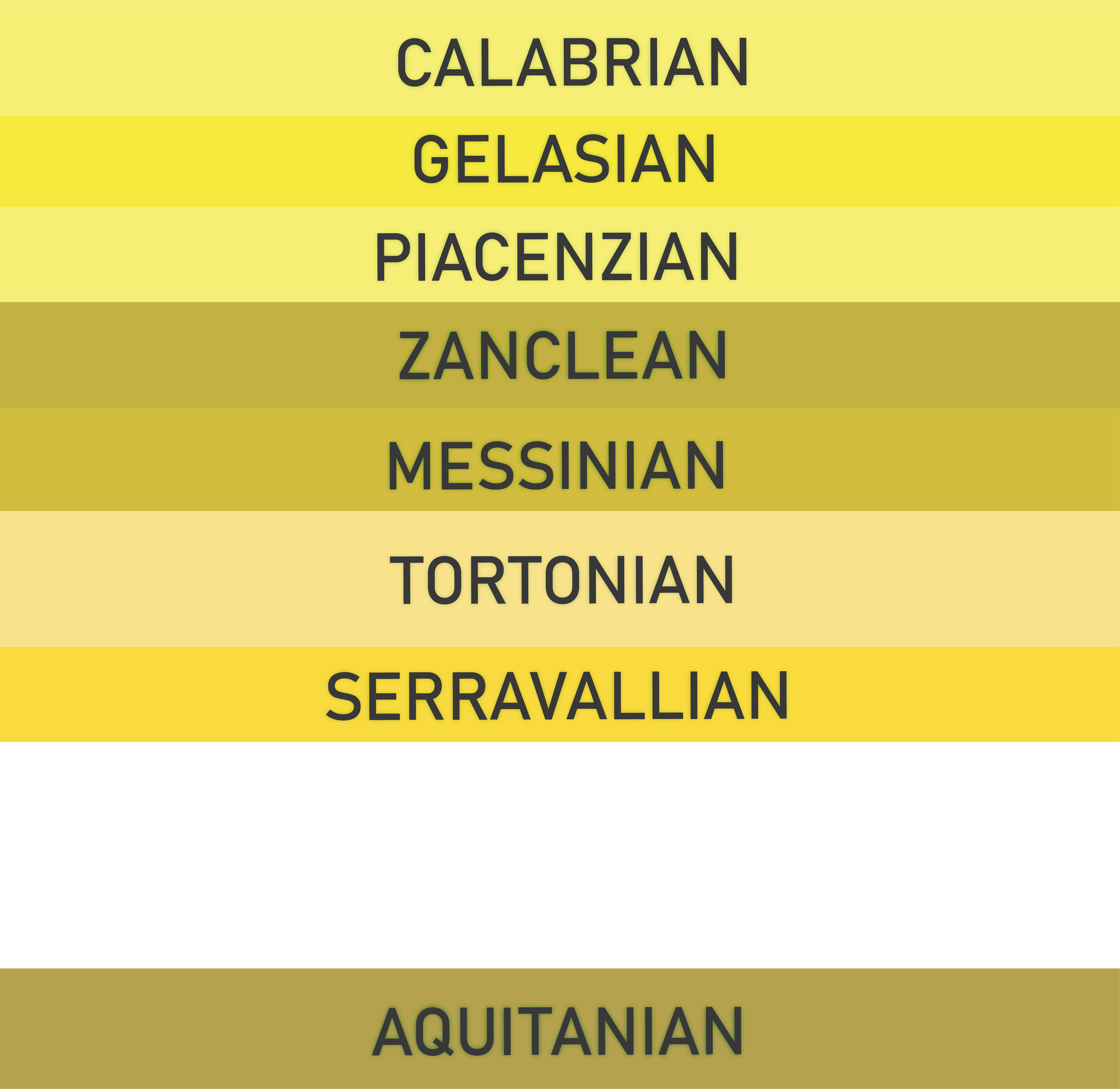Jussi Parikka: an effort to emphasize the obscenity of anthropocene, “a horrific human-caused drive toward a sixth mass extinction of species” (Parikka, Anthrobscene, 6)


Andreas Malm and Jason Moore: “What changed is capitalism” Using this name means taking capitalism seriously, understanding it not just as an economic system but as a way of organizing the relations between humans and the rest of nature.

Haraway, Tsing, et.al: the devastating transformation of diverse kinds of human-tended farms, pastures, and forests into extractive and enclosed plantations, relying on slave labor and other forms of exploited, alienated, and usually spatially transported labor

Haraway: the dynamic ongoing sym-chthonic forces and powers of which people are a part, within which ongoingness is at stake. Past, present, and to come. Entangles myriad temporalities and spatialities and myriad interactive entities-in-assemblages--including the more-than-human, other-than-human, inhuman, and human-as-humus.

Kim Stanley Robinson: the years 2005-2060, political lockdown and behavioral inertia resulted in lack of action against climate change (KSR is writing from the future, a dystopia caused by the Dithering) - our reality, from a fictional future view looking back

Swyngedouw: the era in which a small fraction of humanity (“a few men and even fewer women”) exploited the planet’s environmental systems

Vladimir Vernadsky, 1938: “scientific thought as a geological force”

Peter Haff: “The technosphere, the interlinked set of communication, transportation, bureaucratic and other systems that act to metabolize fossil fuels and other energy resources, is considered to be an emerging global paradigm, with similarities to the lithosphere, atmosphere, hydrosphere and biosphere.”
